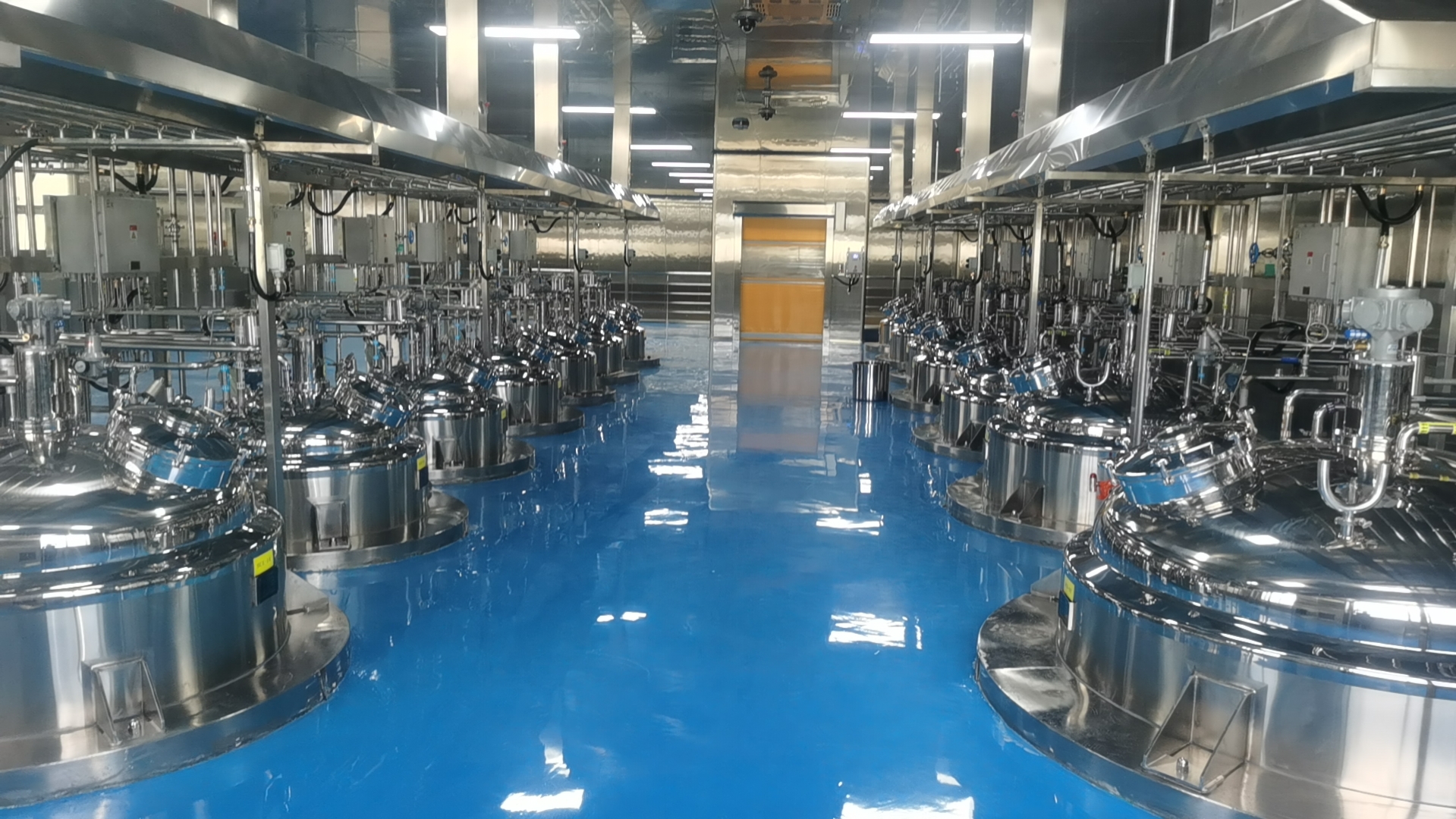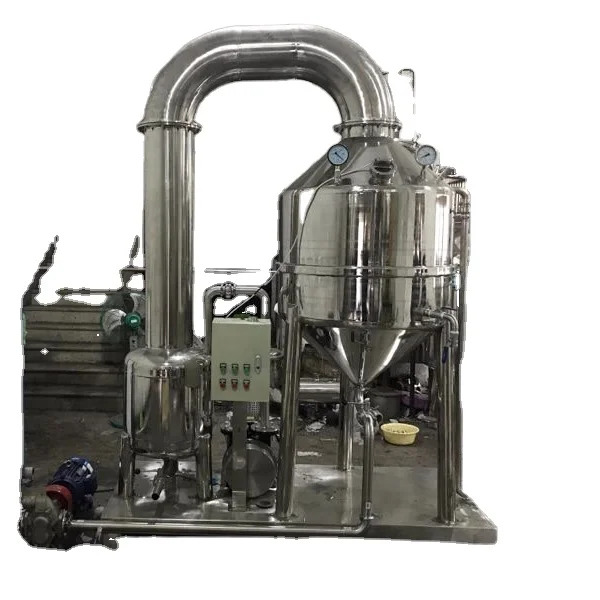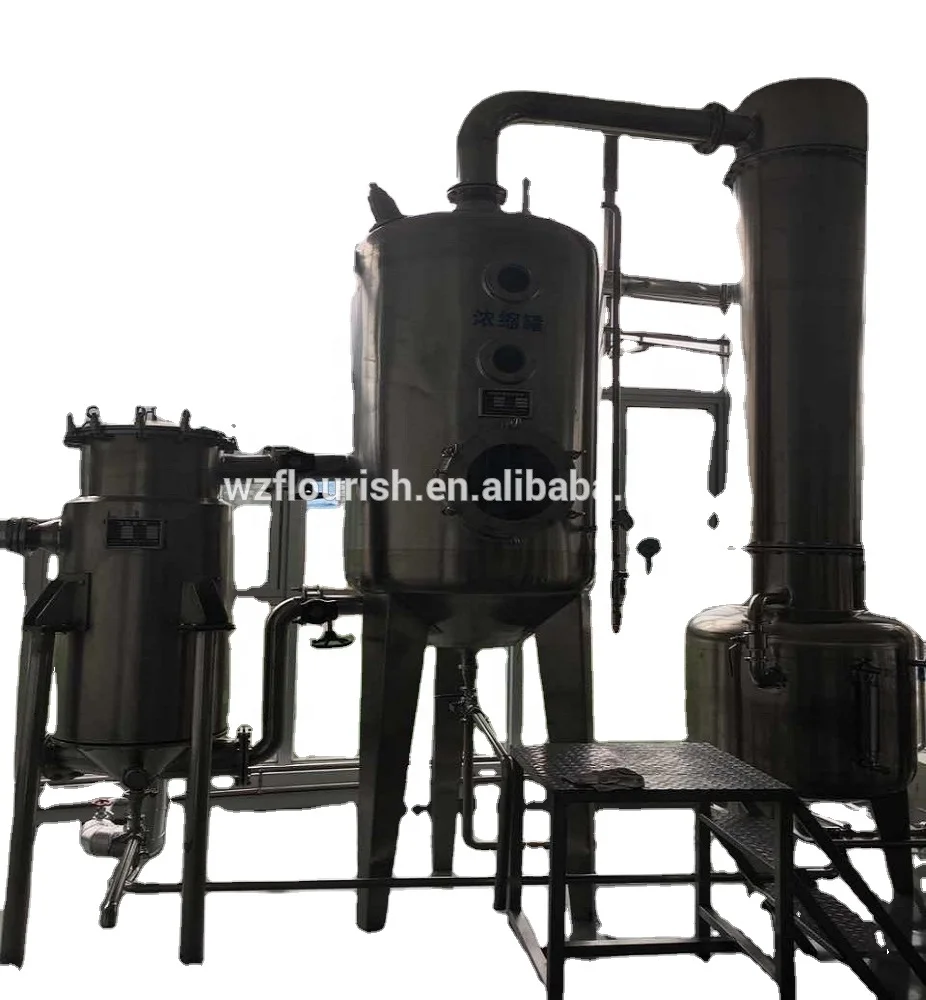
ABOUT
Wenzhou Vince Machinery Science Co., Ltd. was established in early 1980s. Our company covers an area of 6500 square meters and is an independent legal representative firm, possessing rich economic technology strength. Our company is a high tech enterprise and plays an important role in national dairy, foodstuff, pharmacy and machinery industries. We are a beverage machinery supplier.
Since the establishment, our company has mainly engaged in dairy products, foodstuff, beverage machinery, bean products, yellow wine, medicines and fermentation projects. What's more, our company supplies a complete sequence services in manufacturing, installation, test and personnel train, as well as the whole direction service design and consulting service on product project construction or enlargement artistic distribution engineering sets budget.
Fermentation Tanks: A Journey Through the World of Microbes
Imagine a world teeming with microscopic life, where invisible creatures transform raw ingredients into culinary delights and vital products. This is the realm of fermentation tanks, where a symphony of microbes orchestrate a chemical transformation, resulting in flavors, textures, and properties that would be impossible to achieve otherwise.
Fermentation, a process as old as time itself, has been a cornerstone of human civilization, shaping our diets, preserving food, and even influencing our health. It's a testament to the ingenuity of our ancestors and the remarkable power of microbes. In this article, we embark on a journey through the fascinating world of fermentation tanks, uncovering the secrets behind this ancient art and its enduring influence on our lives.
The Microbe Powerhouse: A Closer Look at Fermentation Tanks
At the heart of every fermentation process lies the fermentation tank, a vessel designed to create the perfect environment for microbes to thrive. These tanks come in various shapes and sizes, from humble earthenware pots to towering stainless steel vats, each tailored to the specific needs of the fermentation process. The choice of material, size, and design depends on factors such as the type of microbes involved, the desired product, and the scale of production.
Within these tanks, a carefully controlled environment is established, balancing temperature, oxygen levels, and pH to foster the optimal growth and activity of the chosen microbes. These tiny organisms, primarily bacteria and yeasts, are the true stars of the show, responsible for breaking down complex molecules in the raw materials, creating the unique flavors, aromas, and textures that characterize fermented foods and beverages.
A World of Flavors: Unveiling the Diversity of Fermentation
Fermentation is a remarkably versatile process, capable of producing a staggering array of flavors, textures, and aromas. From the tangy bite of sourdough bread to the rich depth of aged cheese, each fermented product boasts a distinct character shaped by the unique microbial community involved.
In the realm of beverages, fermentation fuels the production of beloved drinks like beer, wine, and kombucha. The transformation of sugars into alcohol and carbon dioxide by yeasts gives these drinks their signature flavors and intoxicating qualities. Beyond alcohol, fermentation finds application in creating non-alcoholic beverages like kefir, a fermented milk drink rich in probiotics, and kombucha, a refreshing tea beverage with a subtle sweetness and tanginess.
Beyond Flavor: The Health Benefits of Fermentation
Beyond their culinary appeal, fermented foods and beverages offer a wealth of health benefits. This is largely attributed to the presence of probiotics, beneficial bacteria that contribute to a healthy gut microbiome. A balanced gut microbiome is essential for optimal digestion, immune function, and even mental well-being.
Studies suggest that consuming fermented foods rich in probiotics can help alleviate symptoms of digestive disorders like irritable bowel syndrome (IBS), improve gut health, and boost the immune system. Additionally, fermentation can enhance the bioavailability of nutrients in food, making them easier for the body to absorb.
The Future of Fermentation: Innovation and Sustainability
Fermentation is experiencing a resurgence in popularity, driven by a growing interest in natural, healthy foods and a renewed appreciation for traditional food production methods. The quest for sustainable and ethical food production practices has also fueled innovation in fermentation, with scientists and entrepreneurs exploring new and exciting applications of this ancient process.
From the production of biofuels to the development of innovative protein sources, fermentation is poised to play an increasingly important role in addressing global food security and environmental challenges. As we continue to unlock the potential of microbes, fermentation tanks will undoubtedly remain at the forefront of this exciting revolution in food and biotechnology.
SUBSCRIBE
INQUIRY





